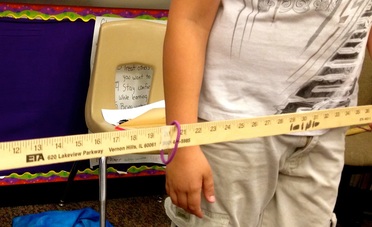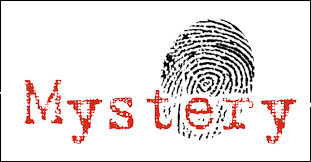Researchers (Ramirez, G. and Block, S. 2011) wanted to examine the effect of stress on test-taking. They directed students to write down their feelings and thoughts immediately before taking a test. Results showed that the simple act of writing down your worries can boost your test score an average of 10%.
Teachers I have spoken with about this research recognize that it makes sense. By releasing some of the tension or stress, you are making it easier for your brain to access key memories, rather than being blocked by emotion.
So the next time you are giving (or taking) a test, take a few minutes to write!



 RSS Feed
RSS Feed